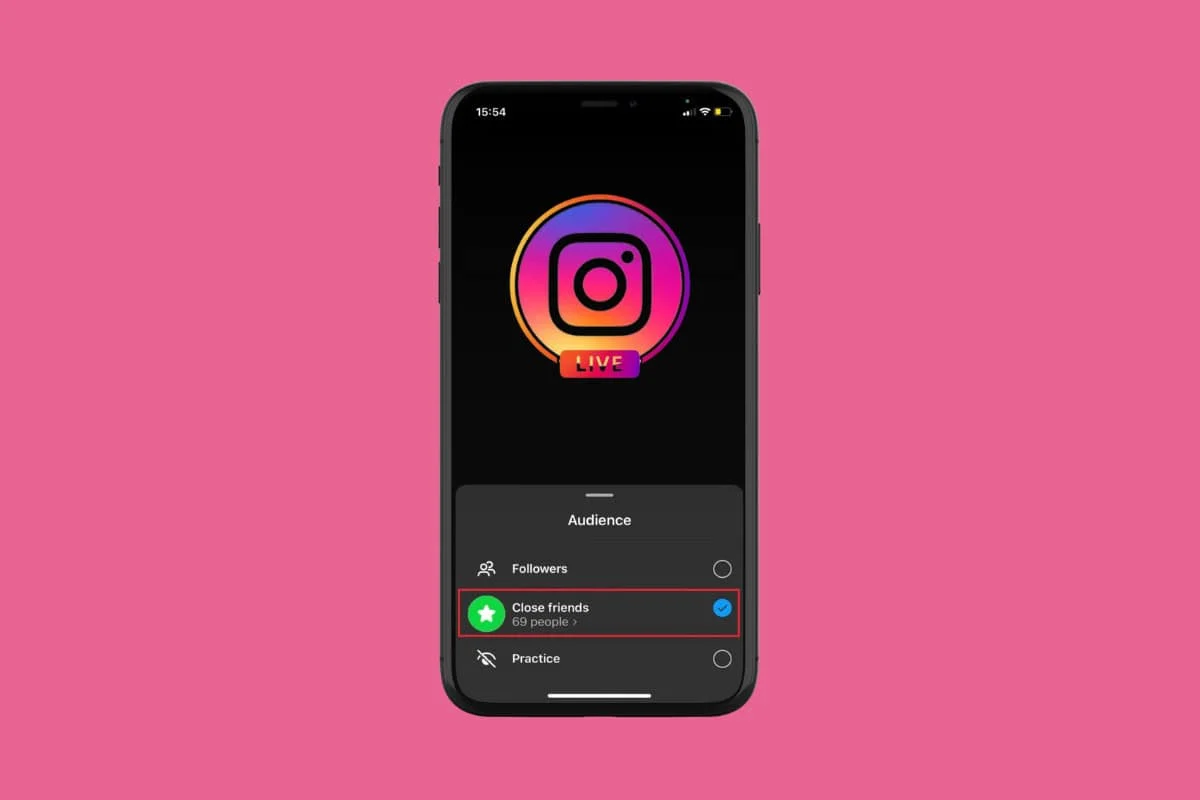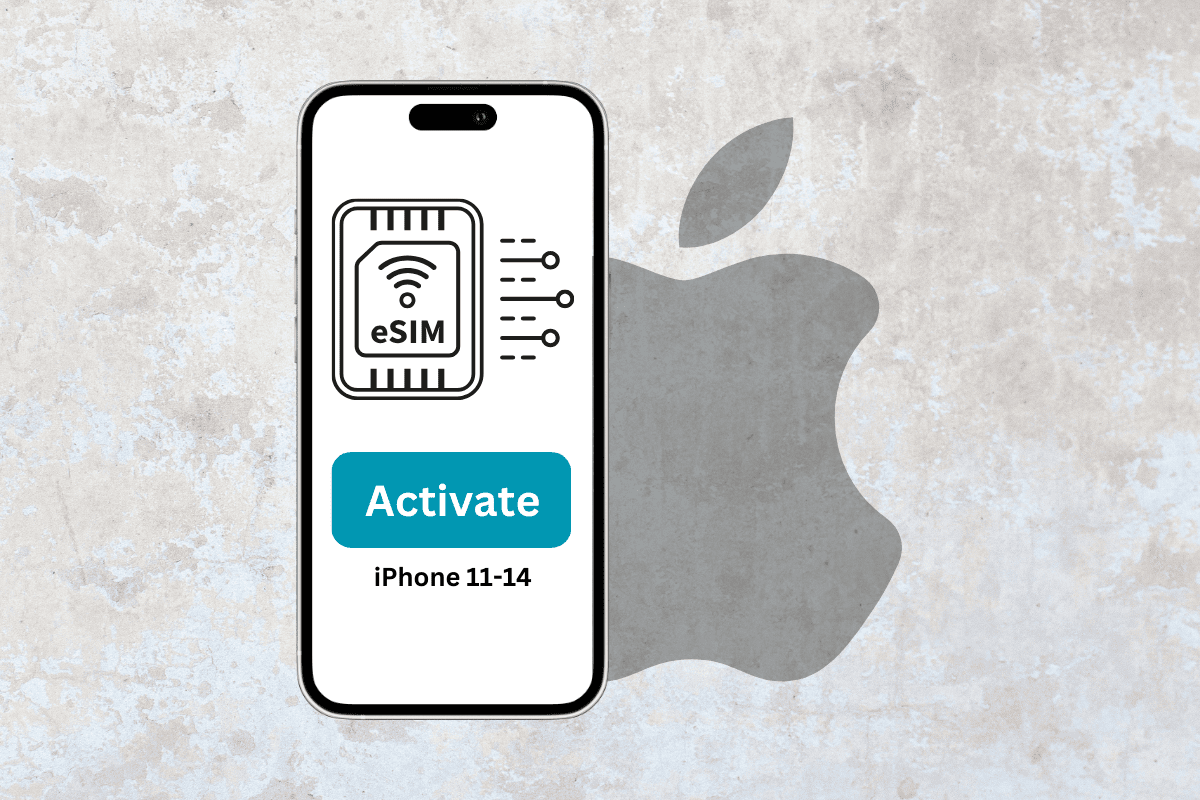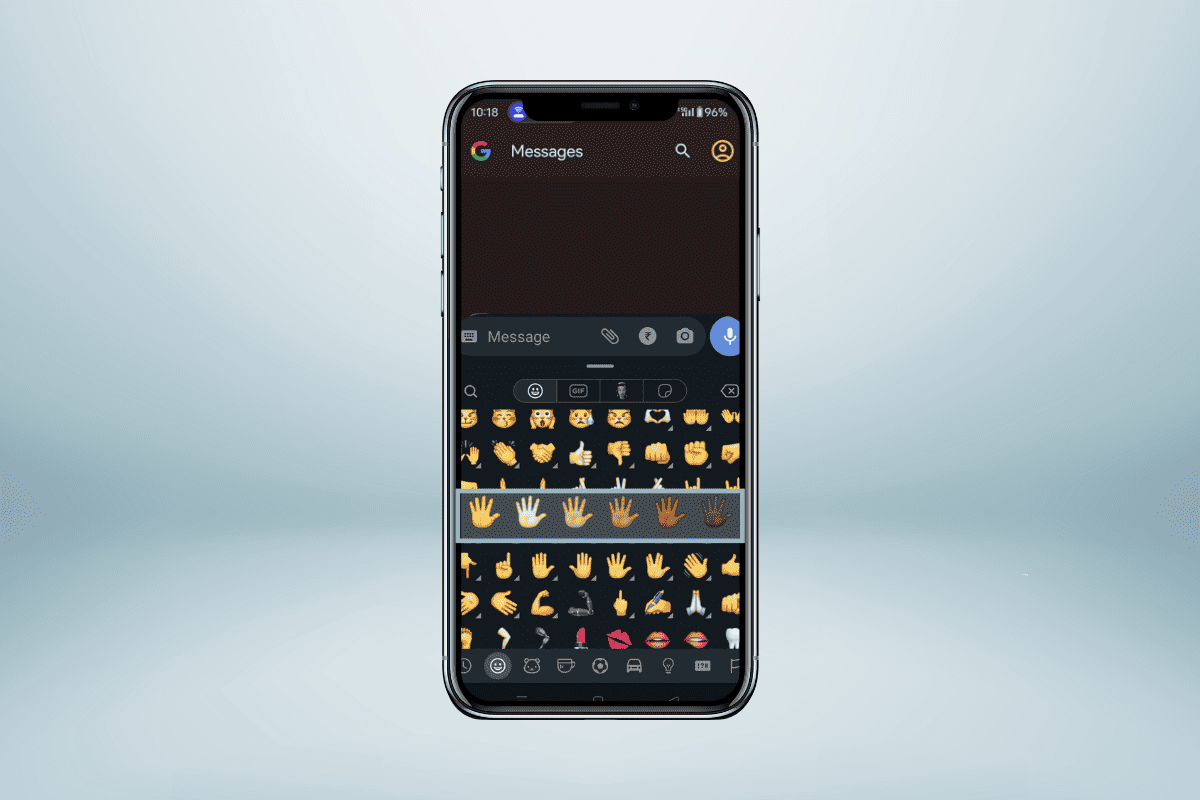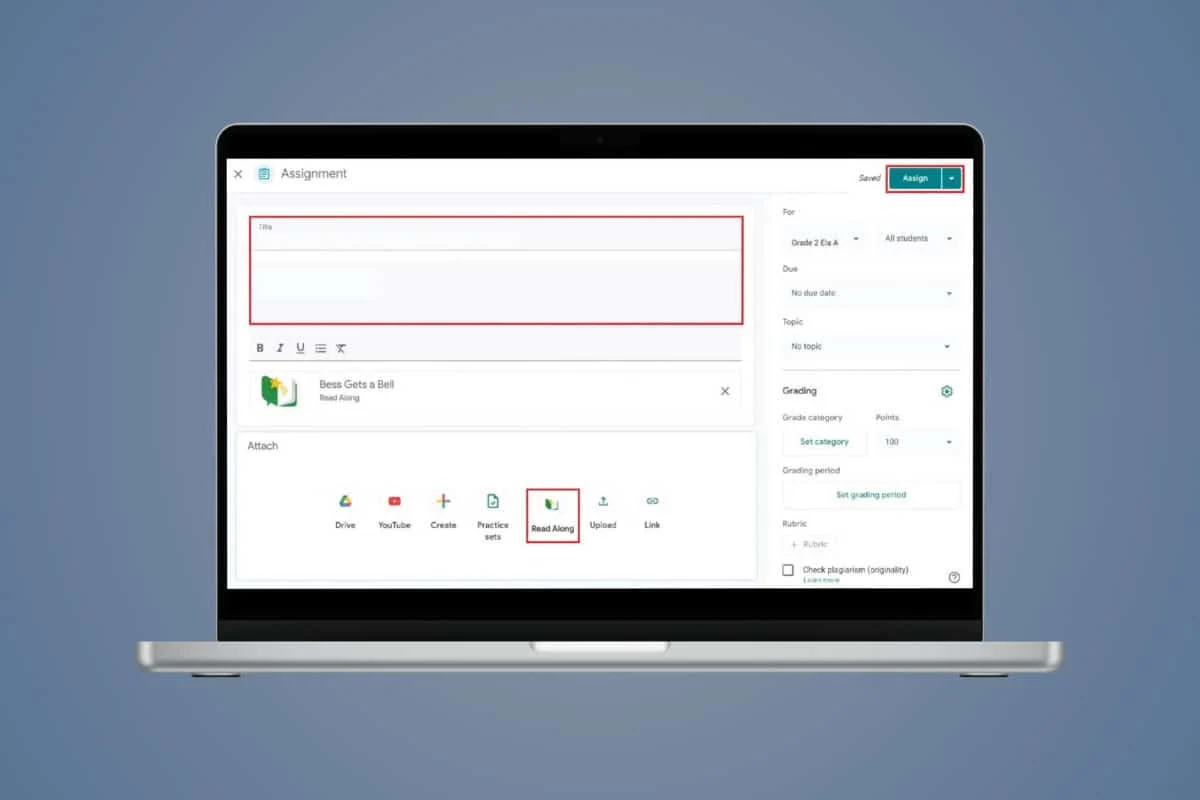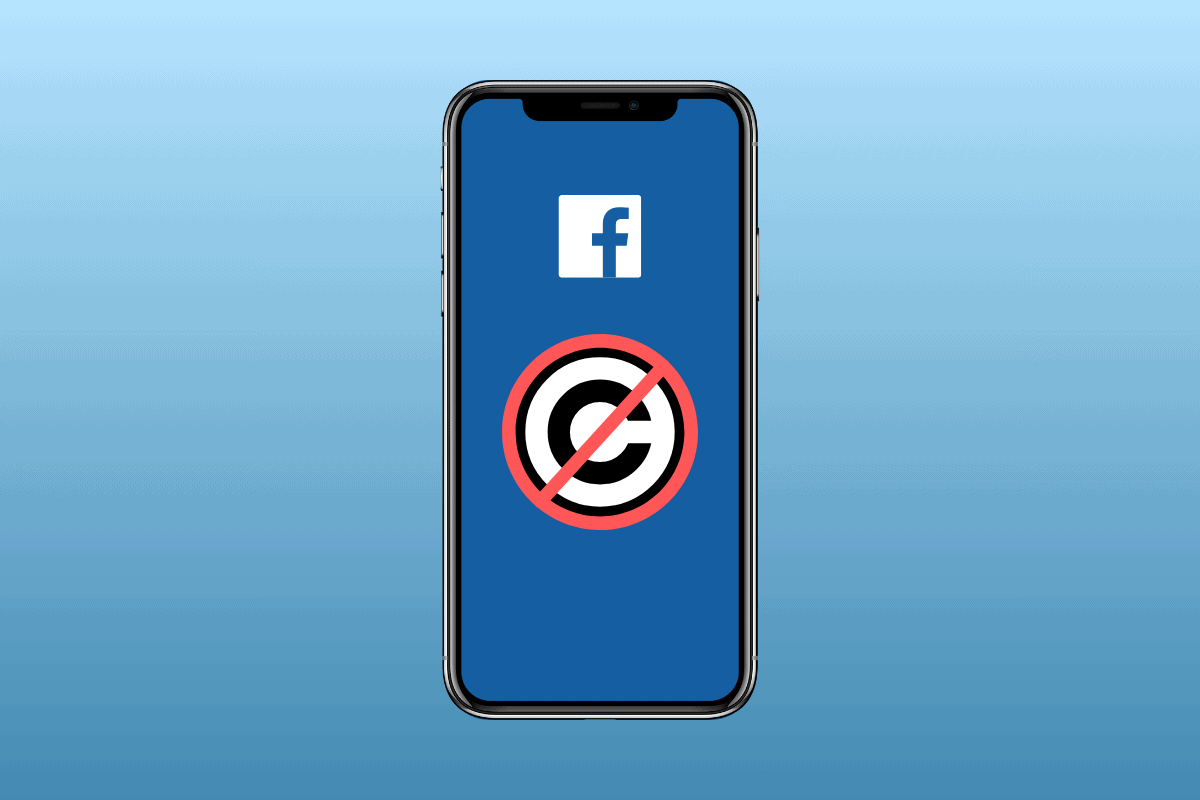
In the current landscape, encountering copyright issues on Facebook when posting content has become a common challenge. With numerous legal regulations governing the use of copyrighted songs or audio, it often feels like navigating a minefield.
However, fear not! Today, we’ll discuss several strategies you can employ to sidestep copyright concerns on Facebook. Stay tuned for valuable insights!
How to Avoid Copyright on Facebook
Whether you’re putting a favorite song over your photos or creating promotional reels for your business products, now you don’t have to struggle with your posts getting taken down due to copyright. Keep reading to see several hacks to evade Facebook strikes.
Tip 1: Create Original Content
Creating your own innovative content is the best defense against getting copyright strikes. You can share it whether it is a blog post, picture, video, or music. When adding a song, refrain from using unlicensed samples.
If you are in a field where your posts may be similar against other creators then use your experience to develop a unique style.
Tip 2: Do Not Post without Consent
When reposting any content, make sure you have the permission of the creator to upload. You can do this by dropping a small text to them or via licensing organizations.
Make sure you give the copyright holder due credit in accordance with the license’s guidelines when using music that is licensed under a Creative Commons or other permissive license.
Tip 3: Understand Fair Use
Learn about fair use and Facebook’s policy on exceptions to copyright infringement. Fair use usually covers things like news, research, reporting, teaching, and criticism.
For instance, it is more likely to be considered fair use if you are using a food picture from a page to criticize any level of photo retouching or adding your commentary. Even memes and parody videos qualify as fair use.
Tip 4: Use Royalty Free Music and Public Domain Photos
If you need to add music to your posts, choose sounds from the royalty-free background music. Music that is available in the public domain is not legally protected and can be played freely by anybody. Similarly, royalty-free music lets you utilize a piece without having to pay continuous royalties.
Additionally, there are countless pictures available for free usage on websites like Unsplash, Google, and Pixabay or in Creative Commons licenses, which normally permit unrestricted use for free.
Tip 5: Add Copyright Disclaimer
You can also use disclaimers before your posts or under your captions to inform other users that some clips from your content do not belong to you. Additionally, adding the credits of the owner under the disclaimer can ensure your post does not get taken down.
Tip 6: Be Cautious During Livestreaming
Without the required permissions, even live streaming copyrighted content such as TV series, playing songs, showing movies, or athletic events can lead to an unintentional infringement and Facebook strike. Therefore, make sure you have the authority to broadcast all the content contained in your livestream or stop playing them altogether.
How to Report Copyright Infringement on Facebook
If you are looking to report a copyright infringement report on behalf of your company or personal account, follow the steps:
- Open Facebook and tap on the three dots at the bottom right corner of the screen.
- Scroll down and tap on Help & Support.
- Select Help Centre from the drop-down menu.
- Type in Copyright report form in the search bar and tap on the first result.
- Now, tap on hyperlinked copyright report.
- Once again, tap on filling this form which is hyperlinked, and start answering the on-screen questions.
This way you will be able to file a complaint against a post you feel is copyrighted.
What Happens If I Violate Copyright Laws on Facebook?
Violate copyright laws on Facebook can lead to a series of actions against you such as:
- Your content will be removed.
- Your account may be subject to penalties, such as temporary suspension or termination.
- Copyright holders can take legal action against you which charges fines.
By following all the best practices highlighted in this guide to avoid copyright on Facebook, you will be able to upload any content without any worries.


